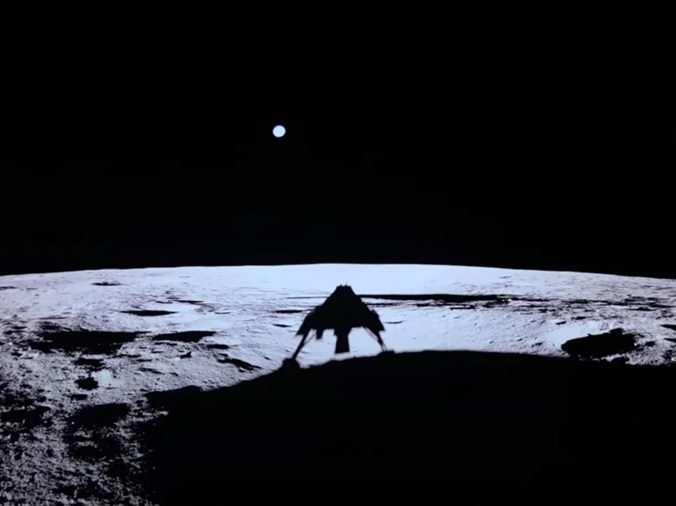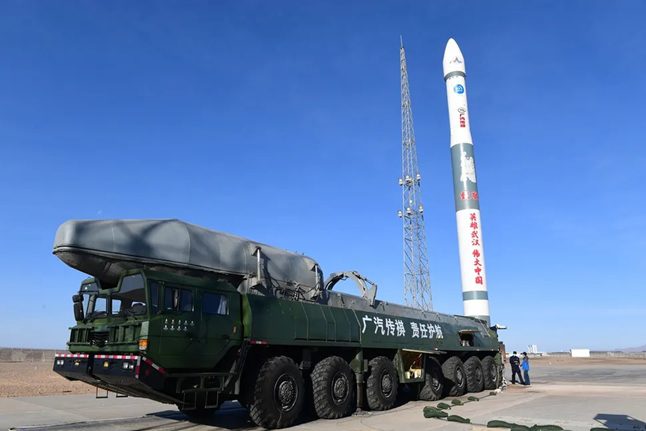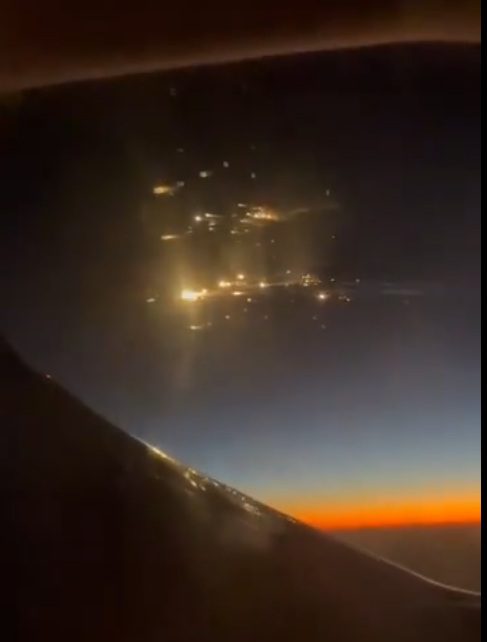During November, the US Federal Communications Commission (FCC) approved the applications of four large-scale communications satellite constellations in Low Earth Orbit (LEO), which will total more than 8,000 satellites if fully implemented. Of these, the SpaceX application was by far the largest, coming in at just over 7,500 spacecraft. The other applications being considered were from Telesat, Canada, for at least another 117 satellites, Kepler Communications, also from Canada, for its 140-strong CubeSat fleet, and LeoSat, which is planning a constellation of 78 satellites.
This new SpaceX constellation is intended to employ the currently under-utilised V-band spectrum. V-band accounts for the portion of the electromagnetic spectrum above Ka-band, and within 40-75 GHz. This new constellation will also operate in a Very Low Earth Orbit (VLEO), characterised at circa 350 km.
This SpaceX constellation is the second one that the firm plans. SpaceX was previously granted permission for a constellation of 4,500 satellites to operate using the Ku- and Ka-bands in LEO at an altitude of circa 1,150km. However, SpaceX has now applied to modify this original constellation to allow its “initial deployment” to be reduced from 1,600 to 1,584 satellite units and their orbit lowered to 550 km. In addition, the satellites will only use Ku-band, with Ka-band being incorporated into later spacecraft.

Logo of the FCC, responsible for the regulation of communications within the USA
With respect to Telesat’s plans, it has also submitted an application to the FCC for a future V-band constellation. This has similar architecture to its already accepted Ka-band LEO constellation plan and likewise it will also have minimum of 117 satellite units spread over two orbits. This new V-band constellation is envisioned as an “overlay” to the initial Ka-band constellation.
Kepler Communications along with LeoSat Enterprises both had their applications for more conventional Ku-band and Ka-band constellations approved. The Kepler submission concerns a 140-unit CubeSat fleet providing global Ku-band coverage for data transfer and IoT (Internet of Things) purposes. LeoSat is developing a 78-satellite constellation using Ka-band to provide fast, secure, data transfer services. LeoSat is working with European satellite manufacturer Thales Alenia Space and plans to utilise its ELiTeBUS satellite bus/platform for the constellation.





